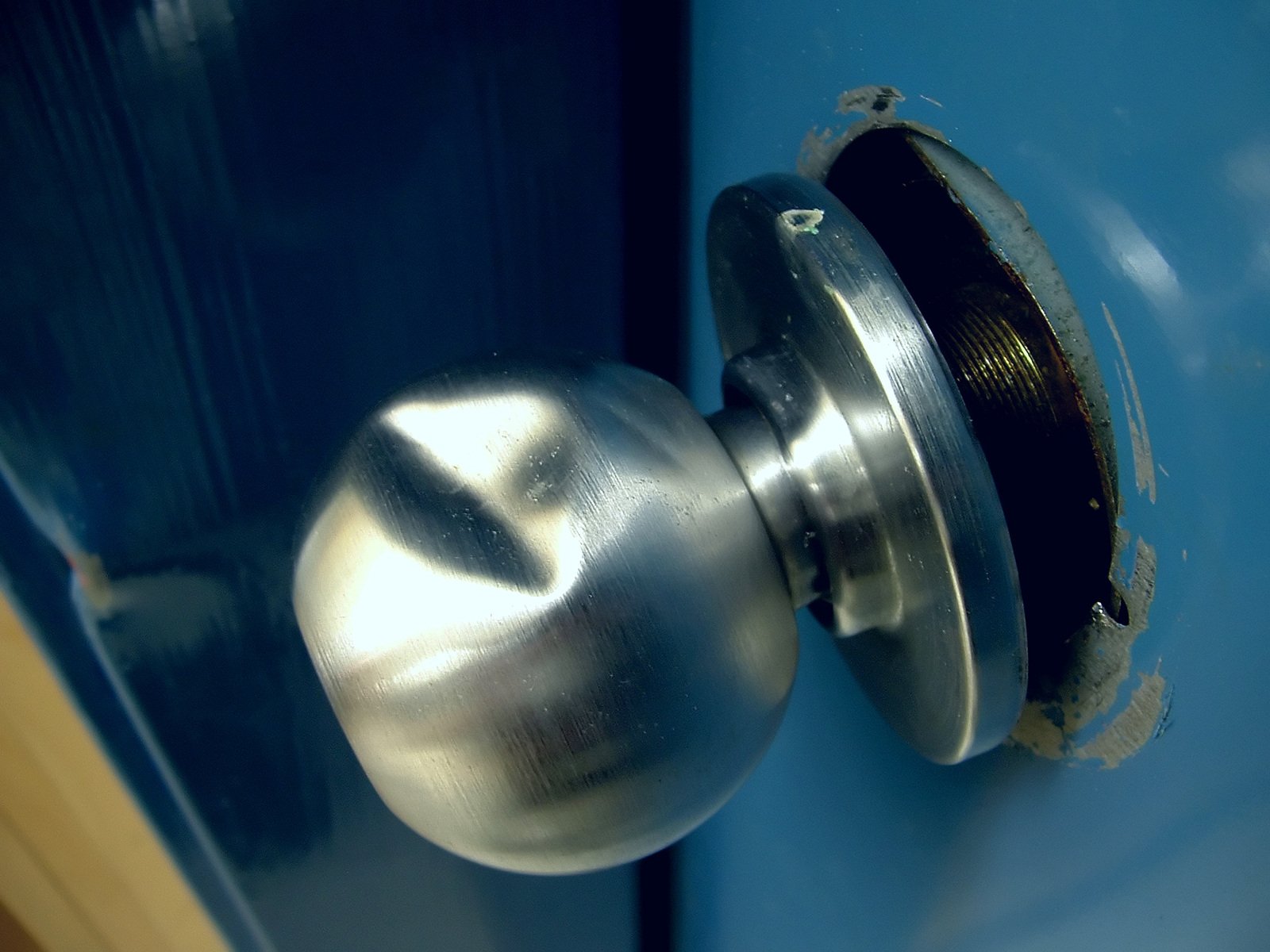

SANCTIONS against distribution of code are hard, especially in the age of the Internet. Even binaries, not just code (proprietary and Free/libre software, respectively). Software in general is difficult to police. Attempts to ban 'export' of encryption to particular countries, for instance, were never successful. These were farcical at best and they vividly demonstrated politicians' inability to grasp what software is (the notion of 'export' is itself inapplicable in such a context).
"Over a decade ago we wrote about how codec patents (basically software patents from the likes of MPEG-LA) were used to raid booths and steal products of companies (in bulk)"We are particularly interested in how ITC sanctions export/import on the basis of software. A decade ago Microsoft used the ITC to embargo a rival whose mice it alleged to have infringed patents (hardware), but what happens in the post-Alice age in the US? Can mere allegations result in embargo or -- even worse -- confiscation? It's like controversial civil forfeiture on the basis of patents alone (and likely baseless accusations/assumptions).
We aren't saying that infringement should never result in action. We are not insinuating that all patents are bunk. Consider this new story, which involves hardware and patents. "Skybell Technologies, "it says, "has filed a lawsuit claiming its Santa Monica competitor, Ring, copied its technology and is profiting from advertising and marketing techniques rather than innovative software and hardware."
No recalls or confiscations but an actual legal process. Like that followed in Cisco v Arista.
"This whole charade will one day backfire on the West; China might start banning lots of US brands such as Apple. "Patents" will be merely a pretext, just as "free speech" already gets used to ban particular foreign products in China (or compel the producers to censor and appease the Communist Party)."There's this upcoming lecture (a fortnight ahead) titled "Leveraging Patent Rights" -- whatever they actually mean by "Leveraging". "With a growing portion of innovation embodied in software," says the abstract, perhaps neglecting to take Alice into account. You cannot patent software and also enforce it in a high court anymore. Forget about it. But what if patent bullies actually manage to steal or embargo products before the matter is dealt with by a judge? That's a legitimate question.
According to yesterday's two articles [1, 2] from a patent bullies' Web site (IAM), embargoes are still a 'thing'.
The first article concerns hasty embargoes using patents (embargoes are not justice; they're coercion by the powerful oligopoly, typically with connections in government, i.e. customs). It's about Mobile World Congress, which is a month away:
The Mobile World Congress, the world’s largest gathering of companies in the mobile communications industry, is taking place in Barcelona this year from 26th February to 1st March. Businesses from around the world will be there, exhibiting current products and launching new ones. Over recent years, the Barcelona commercial court has developed a fast track procedure to deal with alleged IP infringements in the lead up to and at the event, which includes the possibility of successful plaintiffs obtaining a range of potential remedies – including preliminary injunctions, as well as the seizure of infringing products. Importantly, as Spanish company Fractus proved last year, these measures work in practice.
As service providers prepare their annual deep-dives into US patent litigation statistics, it looks like the overall number of new district court cases filed will have fallen by about 10% between 2016 and 2017. But over at the International Trade Commission, the number of new investigations increased by around 13% last year, according to figures from Lex Machina. For major Asian tech companies, the ITC is a continuing concern; but it’s not the number of cases, but rather some recent legal developments that are garnering the most attention.
Governments in South Korea, Taiwan and mainland China have all warned about the effect of ITC probes on domestic industry in recent times. This level of attention speaks to how large tech companies in those jurisdictions gauge business threats from patent enforcement in the United States. Because it sits at the intersection of IP and trade law, an increase in ITC complaints against Asian firms was one of the most common predictions I heard last year when I asked experts around the world what impact the Trump administration might have on the patent world.